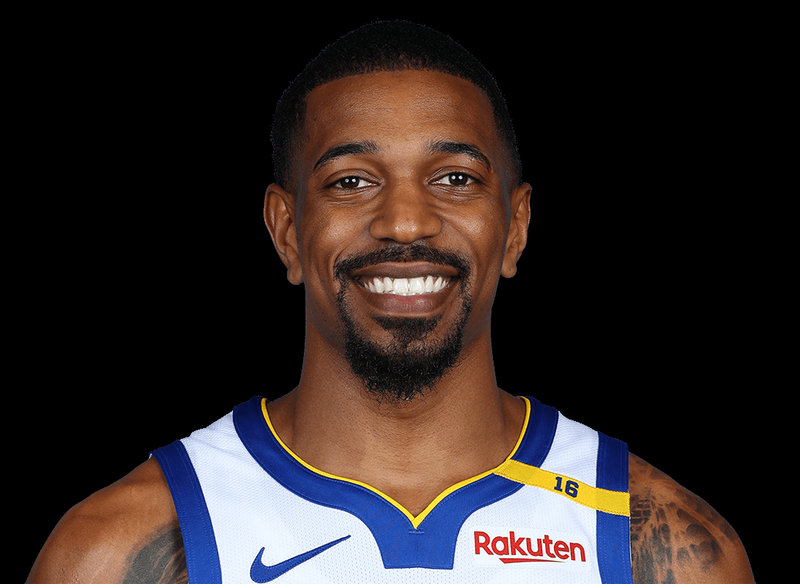Could De’Anthony Melton Guard Bigger Wings If Needed?
As the NBA evolves, the query “Could De’Anthony Melton guard bigger wings if needed?” has grown in relevance. Known mostly for his defensive strengths, Melton’s ability to become a fascinating case study in position versatility makes him that much more valuable to a team that preaches a switch-everything-from-1-to-5 defensive philosophy. His skill set and IQ should allow him to adapt to whatever kind of matchup he might find himself in.
Understanding De’Anthony Melton’s Defensive Skills
De’Anthony Melton receives frequent accolades for having quick feet, being agile, and having a high overall defensive IQ. He plays as a guard, mostly, but has effectively matched up against forwards and wings throughout his career. During the 2022-2023 NBA season, Melton was averaging 1.5 steals per game—among the best numbers for guards in the league. That is a stat that shows he is capable of disrupting the offense.
Moreover, his defensive rating was 109.7, underscoring his effectiveness at that end of the floor. Melton’s tenacity enables him to apply pressure on ball handlers, as well as switch effectively on defense. This adaptability is key when considering matchups against larger, more physical players.
- Steals per Game: 1.5
- Defensive Rating: 109.7
- Vertical Leap: 36 inches
These statistics reveal that Melton’s skill set is just as valuable in one-on-one situations with larger, stronger wings as it is in matchups with smaller guards. That bodes well for his chances of putting up a good defensive front most nights.
Could De’Anthony Melton Guard Bigger Wings If Needed?
The question that remains is whether De’Anthony Melton could guard larger wings if necessary. The short response is yes, but there are several—let’s call them—caveats involved. His ability to defend against larger foes hinges on a few different factors.
First, Melton has a solid physique for a guard. He stands 6’2″ and weighs 200 pounds. That’s a good weight for a guard, and it’s certainly more than most players who occupy this position. Added to that is his wingspan: 6’8″. This wingspan helps Melton in a lot of different ways but primarily and most obviously in shot contesting and intercepting passes.
Additionally, players like LeBron James, who frequently overpower their opponents, present a rigorous test for even the most veteran defenders. James is a tough cover. Still, moments like Melton had against James during a January game show they also might not be too far from the reality of now. Melton guarded him as well as almost anyone can, and James scored only 20 points on 6-for-12 shooting. These instances illustrate Melton’s ability to take on these assignments and come through, against a well-documented reality that Melton himself has been a bigger challenge for these three tough covers.
Adapting Defensive Strategies for Matchups
Versatile defenders are a must in today’s basketball, and that’s what the Memphis Grizzlies have in De’Anthony Melton. He can guard players taller than him (big wings) and still have time to make the Grizzlies’ defense work. Melton is fast and is always in motion, which means he can easily pressure good shooters into making bad shots. He is an elite defender of position and of play. Melton knows and understands where to be and when to be there.
Here are some strategies that Melton uses when he has to guard bigger players.
- Ball pressure that is aggressive to upset rhythm.
- Using his quickness side to side to keep in front.
- Using anticipation effectively to intercept passes.
As a result, these strategies help lessen the size disadvantage he has when going against larger wings. They also create chances for his teammates to pitch in on the defensive end.
Potential Limitations Against Bigger Opponents
While Melton shows a strong ability to defend against larger players, there are a few limitations that pop up. Stamina can become a real issue when he is forced to defend against hyper-athletic wings who can create their own shots. Also, when he defends against bigger players, he really can’t afford to make any mistakes, because those bigger guys have the advantage in terms of pure physicality and can draw a lot of fouls if Melton isn’t careful.
Take, for instance, a game against the Milwaukee Bucks’ Giannis Antetokounmpo. Melton was doing his best, but he was also in foul trouble for a good part of the game. This highlights the risk of using him over and over again in these kinds of matchups. Consistently going up against bigger wings can also lead to his body taking a beating, which might affect his performance later in the season.
Conclusion: The Versatility of De’Anthony Melton
The inquiry, “Could De’Anthony Melton guard bigger wings if needed?” invites an exploration of the NBA’s increasingly positionless style of play, particularly on the defensive end. The Memphis Grizzlies may have found a natural fit in Melton for this emerging trend of hybrid defenders. Yet, despite his potential, there are legitimate concerns about how well Melton’s size and frame might hold up against the league’s most physical wings. If he is going to be the Memphis Grizzlies’ secret weapon, Melton needs to prove he can handle the more imposing types of defenders he’ll face in the Western Conference.
Explore More on us
Discover insightful blogs on our Blogging Space, check our SoloStat Score Explanation, and learn more about NBA All-Defensive Team.


